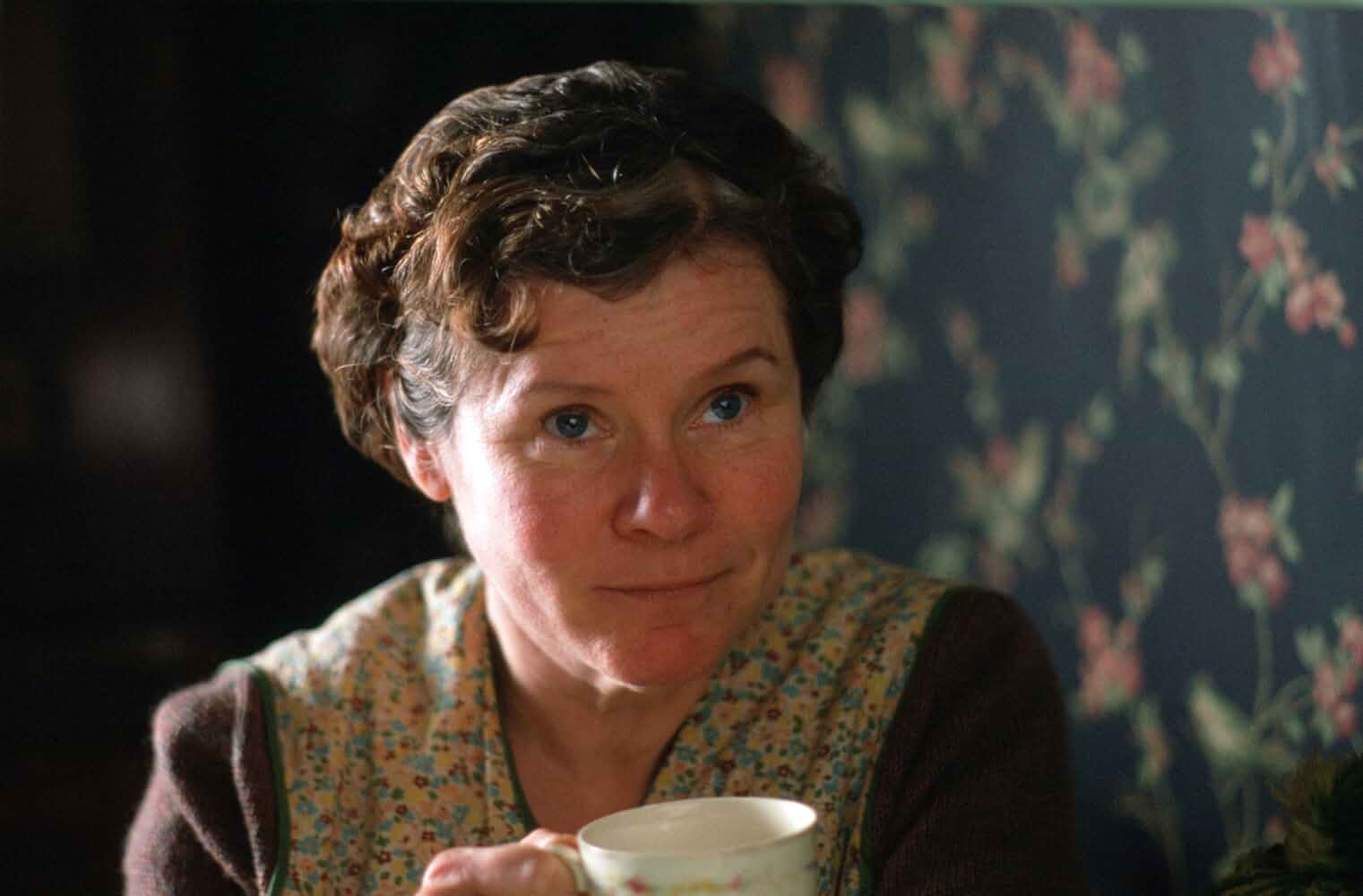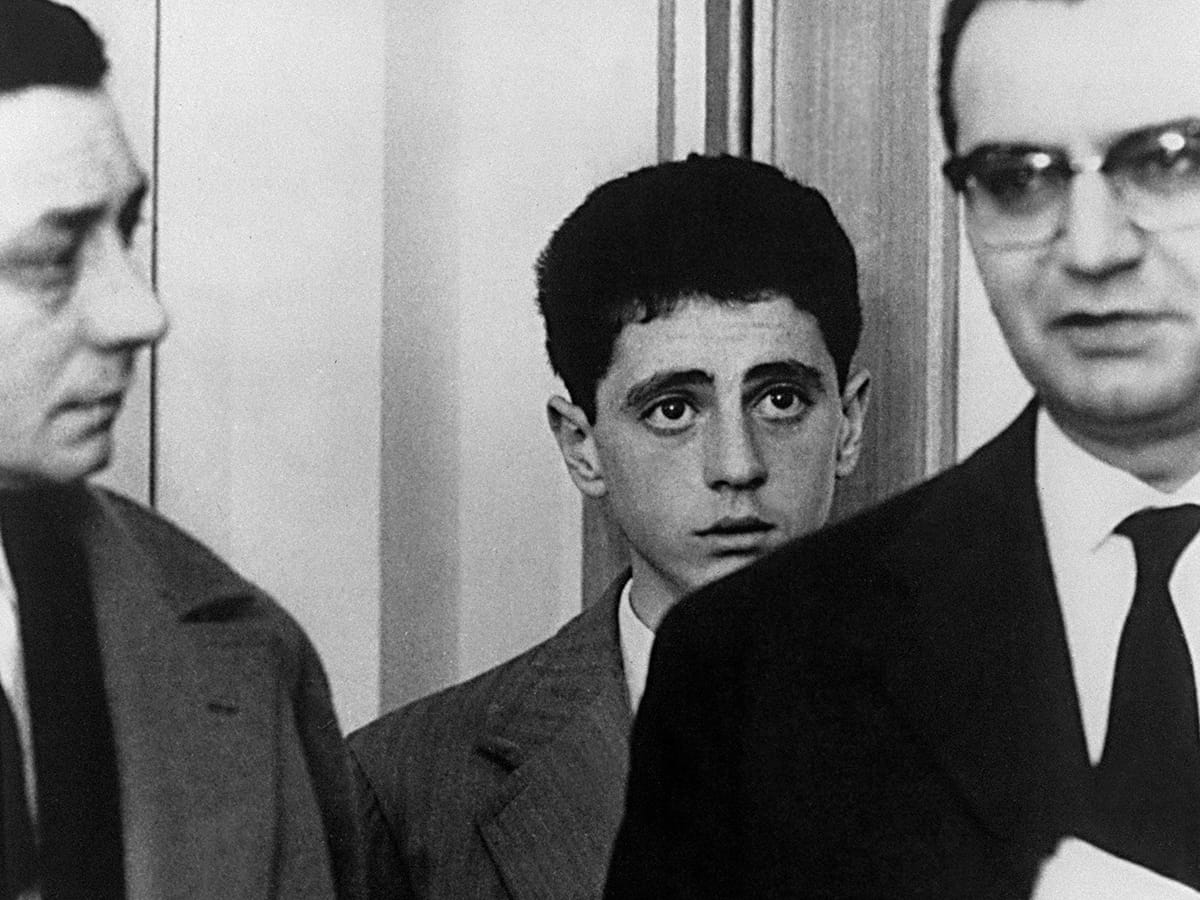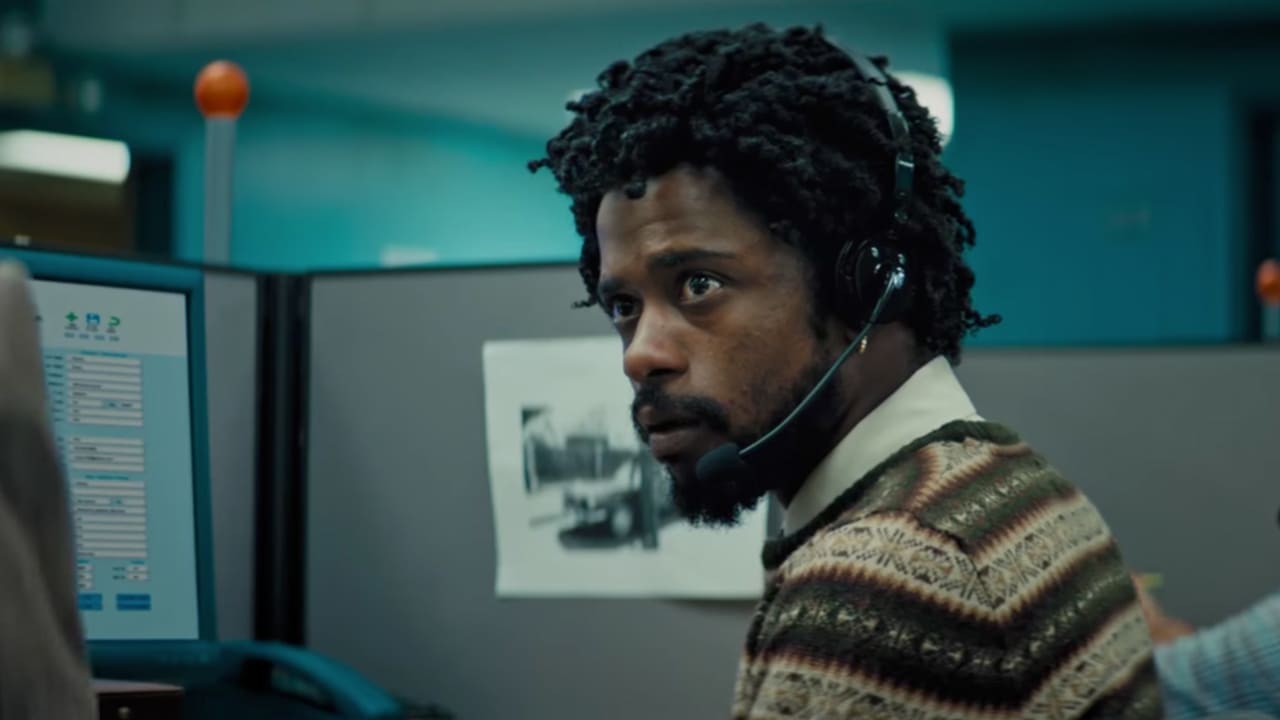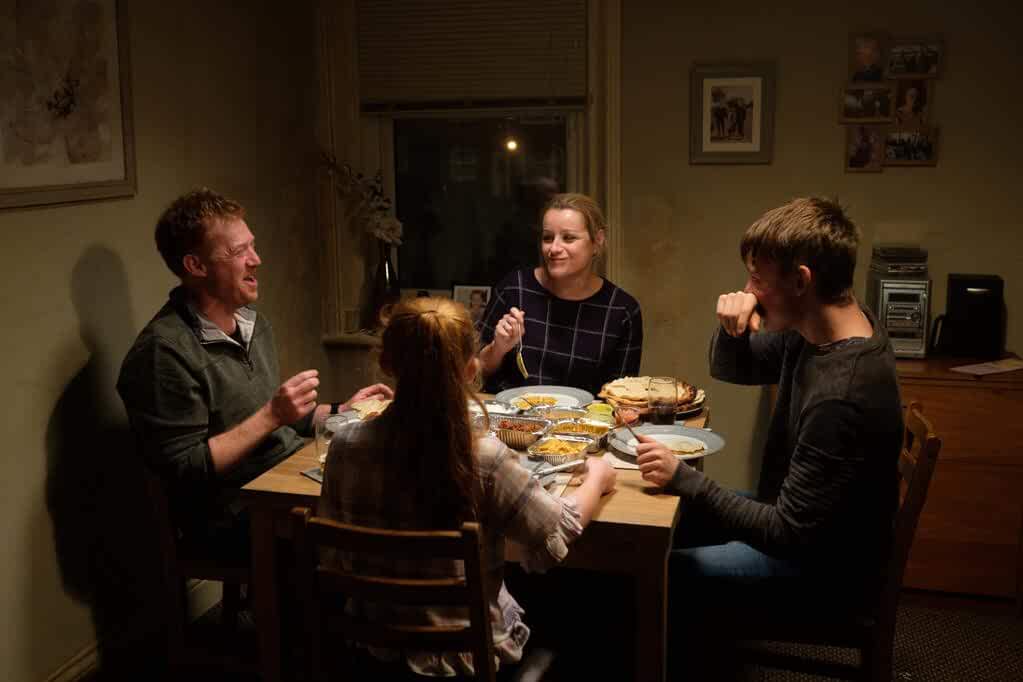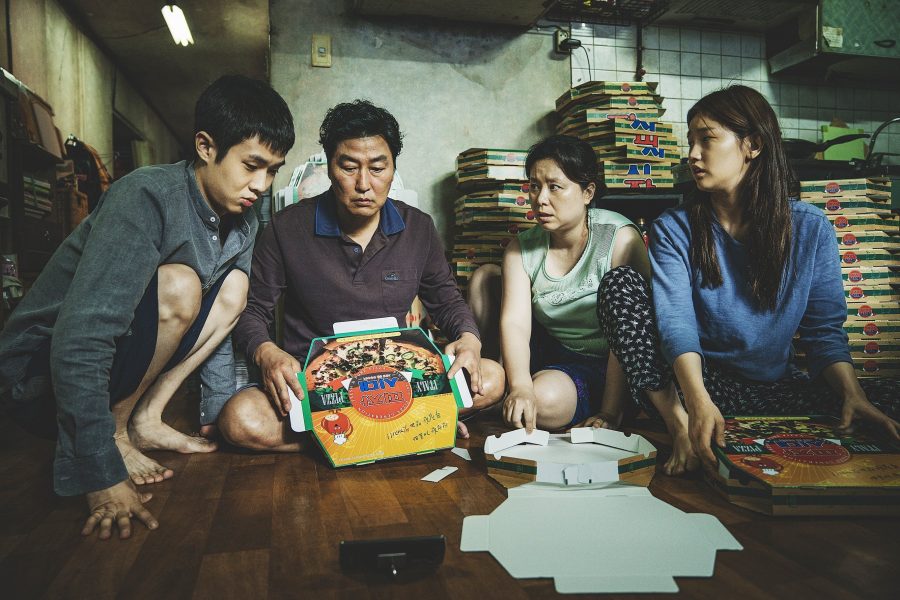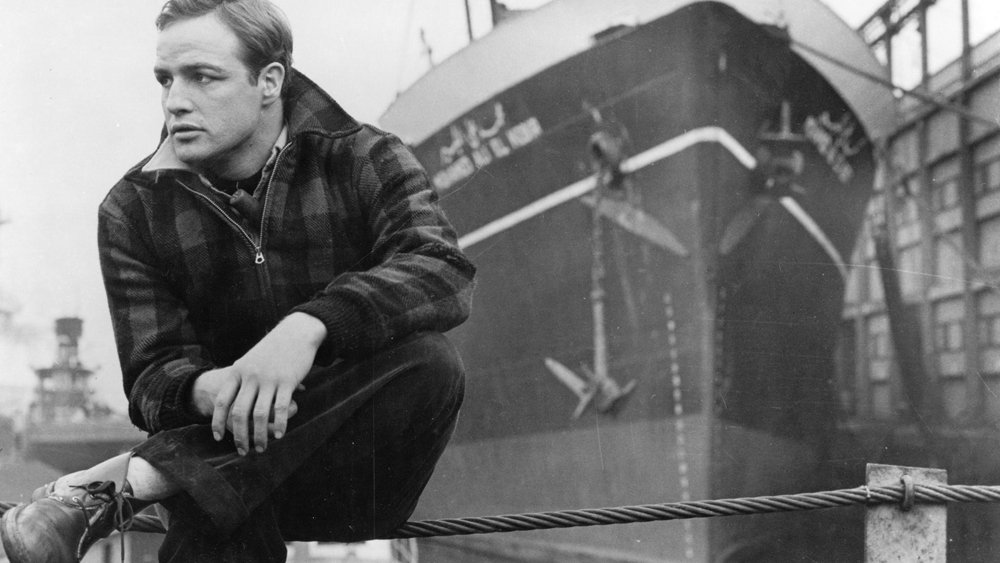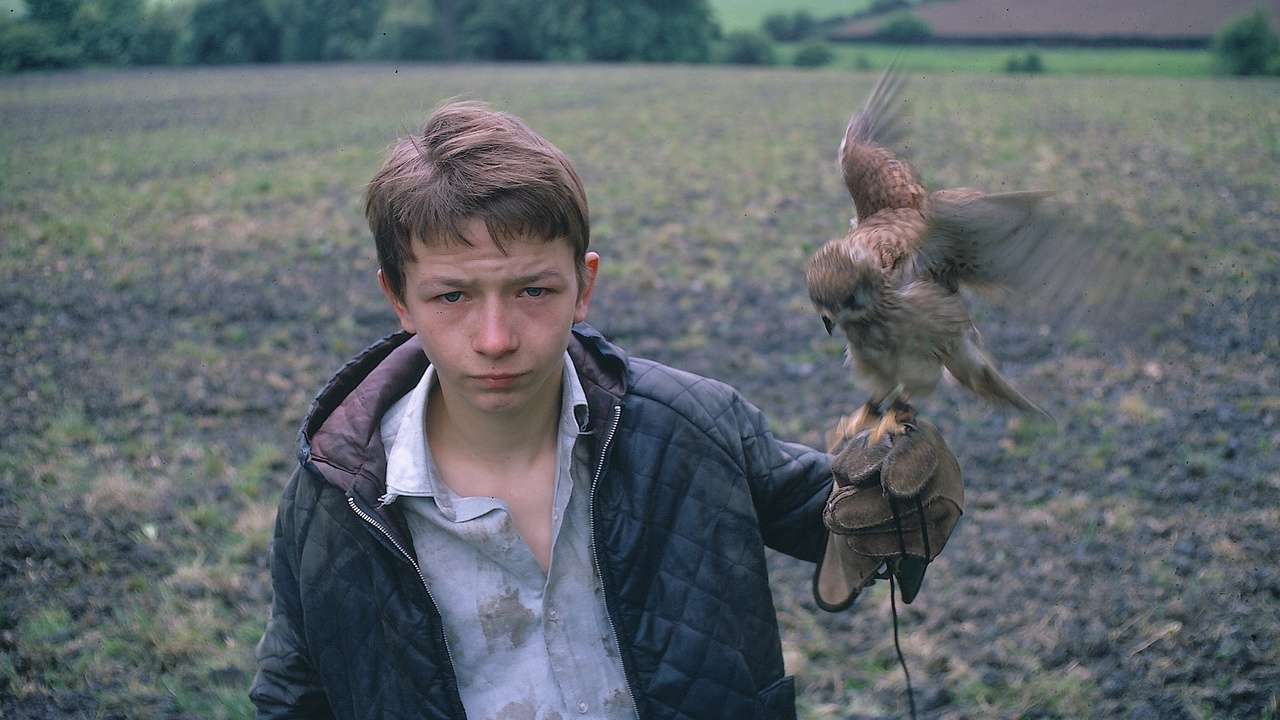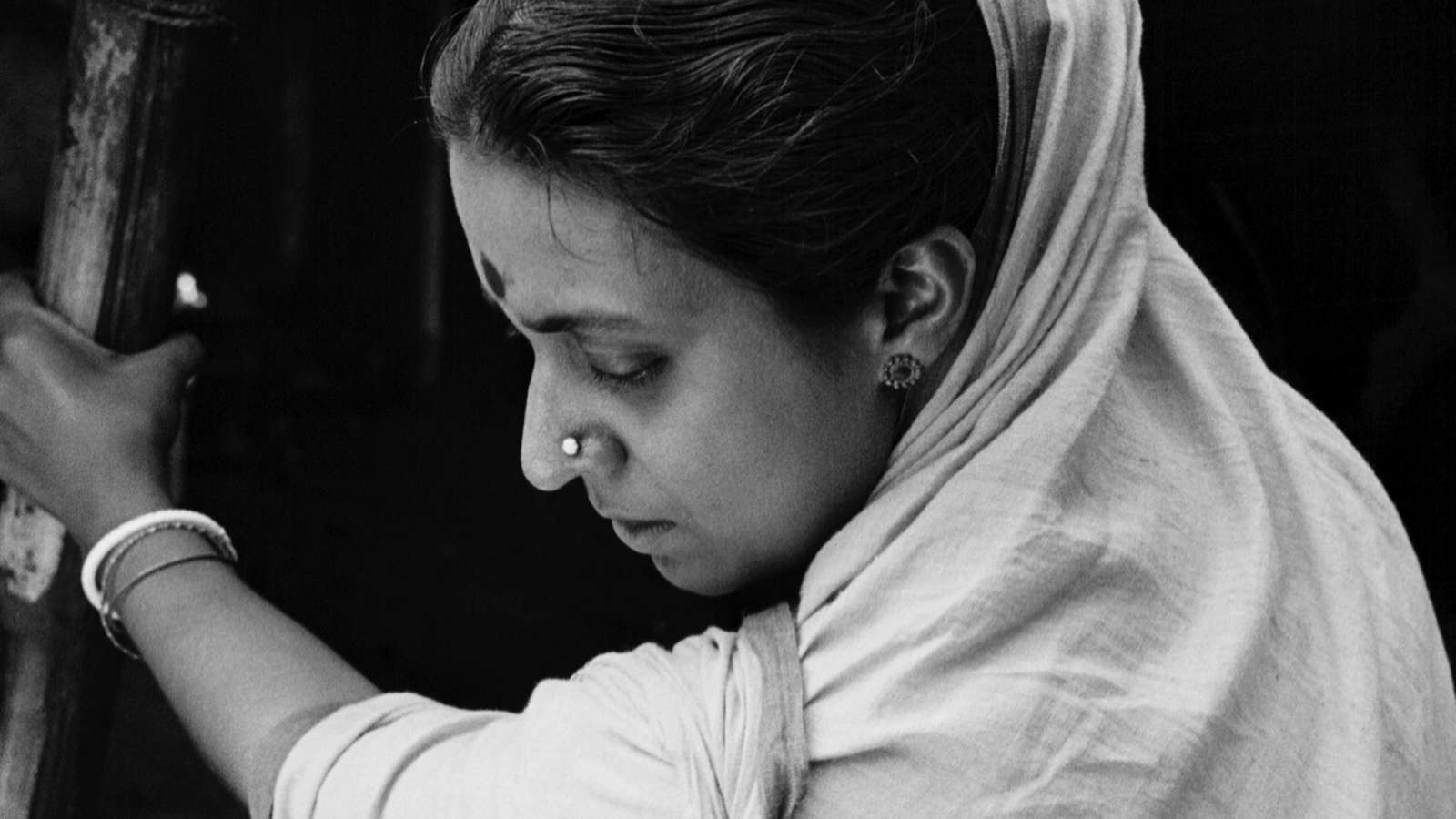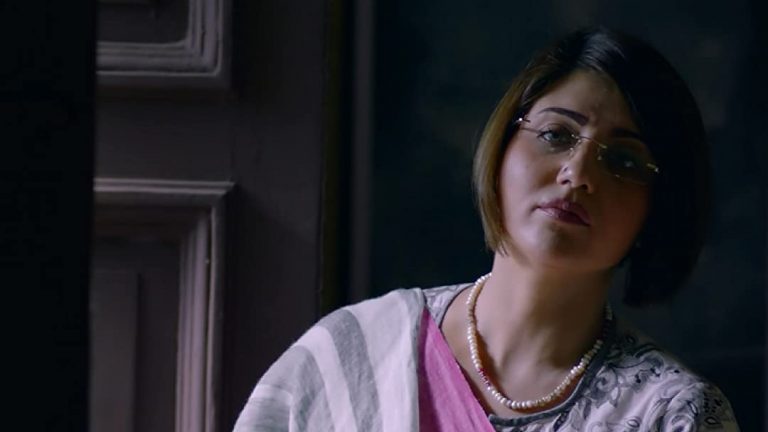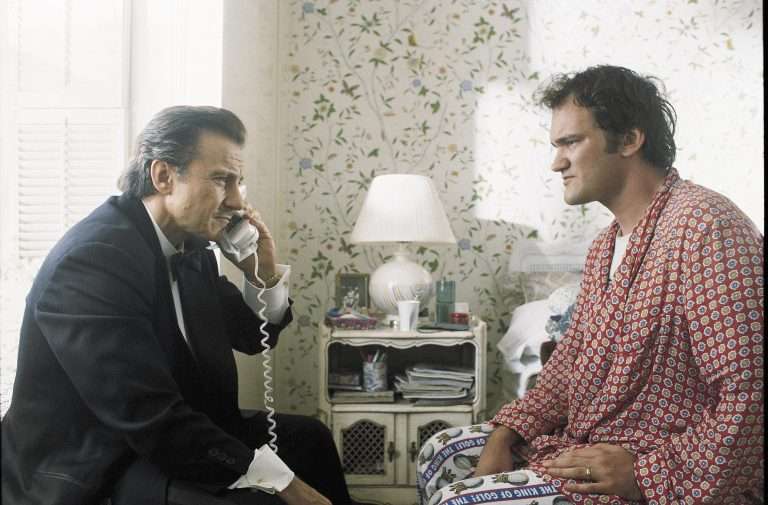The efficacy and pervasiveness of cinema as a medium to shape public opinion and challenge dogmatic convictions is unchallenged. Nothing (except our Pradhan Sevak) comes even close. Filmmakers, as a consequence, carry a grave and significant responsibility on their shoulders. Their choices in attitude and composition essentially decide why they make films. Below is a list of deeply personal and observant movies about the working class made by some of the most distinguished auteurs cinema has had the fortune of outliving.
15. Vera Drake (2004)
Mike Leigh’s filmmaking career has seen him capture the essence of everyday Britain with depth and vividness like very few have. The places he brings as the background become an essential part of his narration, often presenting itself to the protagonists as an elusive solace. For Vera Drake, it becomes a living hell. At the core of “Vera Drake” is the story of a good-hearted lady purely motivated to effect others around her in a positive way and provide help in any way she can. A devoted and selfless presence in her family, Drake performs surreptitious backstreet abortions (which was illegal at the time) for young girls. A complication soon lands her in jail and at the mercy of the people she calls her own.
Although he subconsciously takes a pro-life position, Mike Leigh’s discussion on abortion is not polemic, didactic, or black and white, but invites people to confront themselves and their moralities to decide what’s right and what’s not. Leigh’s movies are careful in choosing a setting where the working class is trying to find its feet in the aftermath of the war, but also where females had limited choice in making decisions about their lives. Imelda Staunton a consummate method actress, immerses herself in the skin of the character, bringing to Drake an immense human insight and courage.
Similar to Working Class Movies: 4 Months, 3 Weeks And 2 Days (2007)
14. Norma Rae (1979)
In a small Southern Baptist town, Norma, a single working mother lives with her two children and parents. Iron-willed and outspoken, Norma often rebels against the company’s draconian labor policies, though seldom finding support. When Rueben Warshowsky, a union organizer from New York, shows up, the overworked and underpaid workers at the cotton mill find themselves joining the fight. Inspired by the true story of a factory worker, “Norma Rae” stars Sally Field as the titular character in Martin Ritt’s explosive social commentary on workers’ rights.
While the primary setting of the film is the mill, Ritt speculatively wanders inside the workers’ lives, trying thereby to bring out the impact of the burden of their livelihood on their families. The drowning sounds in the factory, where you can hardly hear yourself, are one of the many motifs Ritt employs to highlight the workers’ plight. Field standing with a union board on a table as the machines go silent is as iconic a cinematic moment as any. Although not perfect by any stretch of the imagination, Field’s brutally sincere central act allows ‘Norma Rae’ to stand on a solid foundation and redeem itself as an inspiring work of truth and art.
13. Il Posto (1961)
Ermanno Olmi’s simple-minded and observant drama centers around the elusive hunt for “a job for life”. Domenico, a middle school dropout, is forced by his parents to sit in through a series of nonsensical tests, that include testing the candidate’s hearing ability. He befriends Malagi, a fellow candidate during the ongoing lunch break. Both of them land jobs, Malagi as a typist and Domenico as a messenger in the absence of a clerical position. Soon, he sits in the very chair a depressed old lady sat (who’s assumed to have commits suicide), veering into a distant future and weighing the consequences of his desperation.
Olmi’s languid narrative is a surmountable challenge in lieu of a rewarding watch, filled with quiet and graceful moments thieved from his passive and unrelenting world. His depiction of an Italy raised from the rubble and destruction of war and a young generation promised a dignified future adds another dimension to Italian neorealism. While Olmi resists ransoming himself to reproduce the minutiae of everyday life, his balance is perfect, mixing meticulous detailing with crafty broad strokes.
Related to Working Class Movies: Il Posto [1961] – A Masterful Study of Human Condition in a Compartmentalized World
12. Moonlighting (1982)
Jerzy Skolimowsky never quite lost his sense of humor no matter how dark the subject matter. His films always shone with the brightest light of optimism, at times delusional, assuring nonetheless, and a skeptical acceptance of life. Moonlighting”, led by Jeremy Irons as the notorious Nowak, is set in the early 1980s at the time of the Solidarity protests in Poland. The action shifts halfway through to London, where Nowak’s masterplan to renovate a house using illegal migrants gradually slips out of control.
‘Moonlighting’s core lies in labor exploitation and the battle to survive when the next man is as desperate. This very exasperation pushes men to commit unspeakable deeds, something that poignantly manifests in the form of the shoplifting scene, a commanding work of art. The film’s focus also narrows on the relevant contemporary issue of migrants’ rights and the lack of access they have to foreign social systems. With his characteristic Polish ruggedness and an incredibly committed Jeremy Irons, Skolimowsky knits a heartbreaking story of deception, survival, and betrayal.
11. Sorry to Bother You (2018)
Riley’s background as a social activist heavily influences the underlying tones of political wanderlust in the narrative. While the film tags social justice in its curriculum, it doesn’t center around that. Riley attempts to gauge the attention of the viewer towards a larger, universal issue of labor exploitation. The ironically named WorryFree in the film is a representative of innumerable organizations working around the world that practice something called corporate slavery. Countless white and blue-collar jobs are undercut in wages and overburdened with work until late hours. The falling global economy compels contraction to such jobs and effectively ensures the concentration of wealth in the hands of few.
Riley’s veiled critique of the social mores regarding race in modern America and how they could get worse as time passes by is frightening and portrayed with great honesty. Laced with clever writing and some of the best dark humor presented on-screen in recent years, “Sorry To Bother You” blends fundamental axioms of labor economics with politically charged motivations to realize its ambition of creating a juxtaposed universe that familiarizes the audience with its competing misconceptions about the world.
Similar to Working Class Movies: Sorry to Bother You (2018) – An Inventive and Original Screwball Comedy
10. Summer with Monica (1953)
‘Summer with Monica’ might just be the most uniquely positioned film in this list. The hardships of leading a working-class life and the frustrations that lie therein are bound by Bergman’s unmatchable craft with an intense character study and tragic love story. His portrait of an impoverished yet lively Sweden captures a universal appeal. Although for most parts Bergman manages to resist labeling the condition of its two protagonists and their community as misfortune as opposed to the circumstance of the system, the truth eventually slips out.
Bergmann’s sensual, complicated, and unguarded drama about two amateurs in the climax of their rebellious youth, who run off together defying the world for one passionate summer comes to a heartbreaking end. Like many of his immortal female protagonists, Monika embodies the modern female desire of living a sexually liberated, independent, and adventurous life. Her character arc is uncommonly defined by the vagaries of the summer- heightened when it starts, devolving by the end- thereby painting two contrasting perceptions in the viewer’s mind. Harriet Anderson’s lead act might just be one of the most original and indomitable performances I’ve seen on screen.
Similar to Working Class Movies – How Ingmar Bergman Explores Dissociation and Identity in Persona
9. Sorry We Missed You (2019)
In the words of Avinash, Govind Nihalani’s 1984 social satire ‘Party‘s protagonist, “if the artist isn’t politically committed, his art is irrelevant”. Ken Loach has long stood guard over the British working class as its custodian. Few filmmakers have matched his dedication and boldness in representing ordinary people and the challenges they face on the screen. Teaming up with Paul Laverty, Loach’s companion piece to “I, Daniel Blake” is a simmering work that cherishes the delicacy of human relations, berates the authority that abases workers and normalizes exploitation, and draws attention to some of most overlooked and buried issues of society.
In a similar territory as Parasite, although bereft of its rich cinematic fashion, “Sorry We Missed You” is a decrypt essay of the post-modern English life that challenges decency in a world that’s becoming increasingly cruel and indifferent, turning a blind eye to the marginalized, the forgotten, who seem almost invisible like the classic HG Wells protagonist.
Also Related to Working Class Movies – Sorry We Missed You (2019) ‘MAMI’ Review – Repercussions of Shifting Gig-economy
8. Parasite (2019)
I can’t recall a movie in recent memory that has received as much love as ‘Parasite’ has. Its unprecedented run at the Oscars marked and catalyzed its sweep among the masses that hasn’t quite shed yet. While this will most certainly put to bed the debate about how positively can the Oscars affect the fortunes of a movie, it has also sensitized audiences, especially English speaking ones (except for the POTUS), to the idea of watching foreign films. Bong Hoon Jo’s fiercely critical and richly fashionable film tells the story of a family of four, who through deception and manipulation manage employment at the house of a family as naive as it is affluent. Unbeknownst to them, a dark secret quietly slithers right under their feet.
Director Bong uses powerful and symbolic imagery to evoke an instant and lasting class inequity. Everything, right from the placement of windows to the bend of roads, establishes where who stands. Kang-ho Song leads an outstanding ensemble that relishes in the shadow of its narrator’s glorious vision. Humor is a welcome point of contact with the audiences. Director Bong is careful in using it as a sparing tool, but using it effectively nonetheless. ‘Parasite’ is a technical marvel, whose irresistible visual appeal and grandeur are only seconded by the most compelling story of the year.
Related to Working Class Movies – Parasite [2019] Review – A blood-sucking drama on class divide
7. On the Waterfront (1954)
Terry Malloy, once a promising pugilist at the peak of his abilities and destined for big things, now runs things for ruthless union boss John Friendly along with Charley, his brother. When Joey Doyle, a dockworker who was prepared to testify against Friendly in court and subsequently ambushed by Terry, is found dead, his widow Edie pressures investigation. Smitten by her, Terry’s view about Friendly’s bullying and malpractices, which also take away the life of Charley, drastically change, promoting him to rebel against his authority and fight for the people he once defiled.
Borrowing elements from real-life events, Elia Kazan’s original story dabbles in multiple themes, beautifully crafted together in a rueful narrative. Foremost is a touching inspection of a strong sense of community solidarity among the dockworkers and their families. Marlon Brando’s rise to superstardom was reaffirmed by his turn as Terry. The extravagance of his performance combines a thrilling balance of theatrical spectacle and dramatic realism. It undoubtedly ranks as a highlight of his illustrious career.
Also Featured on: 10 Criminally Underrated Best Picture Oscar Winners
6. The Given Word (1962)
A donkey is probably the least likely companion that an individual will choose. Not for Burro. Nicolas is like his soul mate, his only family. When he is injured, almost fatally, Burro remands his wealth and land to the cross and the people if he recovers. ‘The Given Word’ is a challenging watch. Understanding its theme and meaning can easily give you a headache. But this navigation will only stand worthy with an intimate and pragmatic understanding of religion, humanity, and society. Duarte’s steely resolve to subrogate viewers in Burro’s shoes and make them a part of his suffering and not just an apathetic passerby is quite daunting. With an unexpected and searing climax, “The Given Word” ends as it starts: with a question; can a man, or even God, crucify human dignity?
5. Kes (1969)
Childhood has traditionally been earmarked as the golden phase of a man’s life. Without the care of adult responsibilities, coddled under the protection of the family, and with a stunted understanding of life, children have it the easiest. Not Billy. He shares a single bed with his abusive and uncaring brother; the day begins for him at 7 (soon to be six), ushering him into his daily paper route; school soon follows, where bullies and indifferent teachers welcome him with open arms; home again, and nothing’s changed. He often falls asleep in exhaustion during the morning assembly, his fragile hands bearing punishment at the hands of the headmaster. Amidst this chaos and a mere semblance of life, he happens upon a Kestrel’s nest. Thereon begins an unusual companionship and bond that attaches a purpose to his existence, inevitably meets its tragic end in the most unexpected way.
One of Loach’s very first works as a filmmaker, “Kes” carries with it a raw and uninhibited sense of rebellion and indignation against a system that pushes 15-year olds into working day jobs and living a life with no avenues of compassion, not even their families. Their vulnerability is exploited, draining them both emotionally and physically. They are punished for thinking they could be like ordinary children and do things that children do. Loach’s keen interest in devolving the working-class life to the individual births a remarkable end product that cherishes and quietly discovers small pockets of beauty in life.
4. Bicycle Thieves (1948)
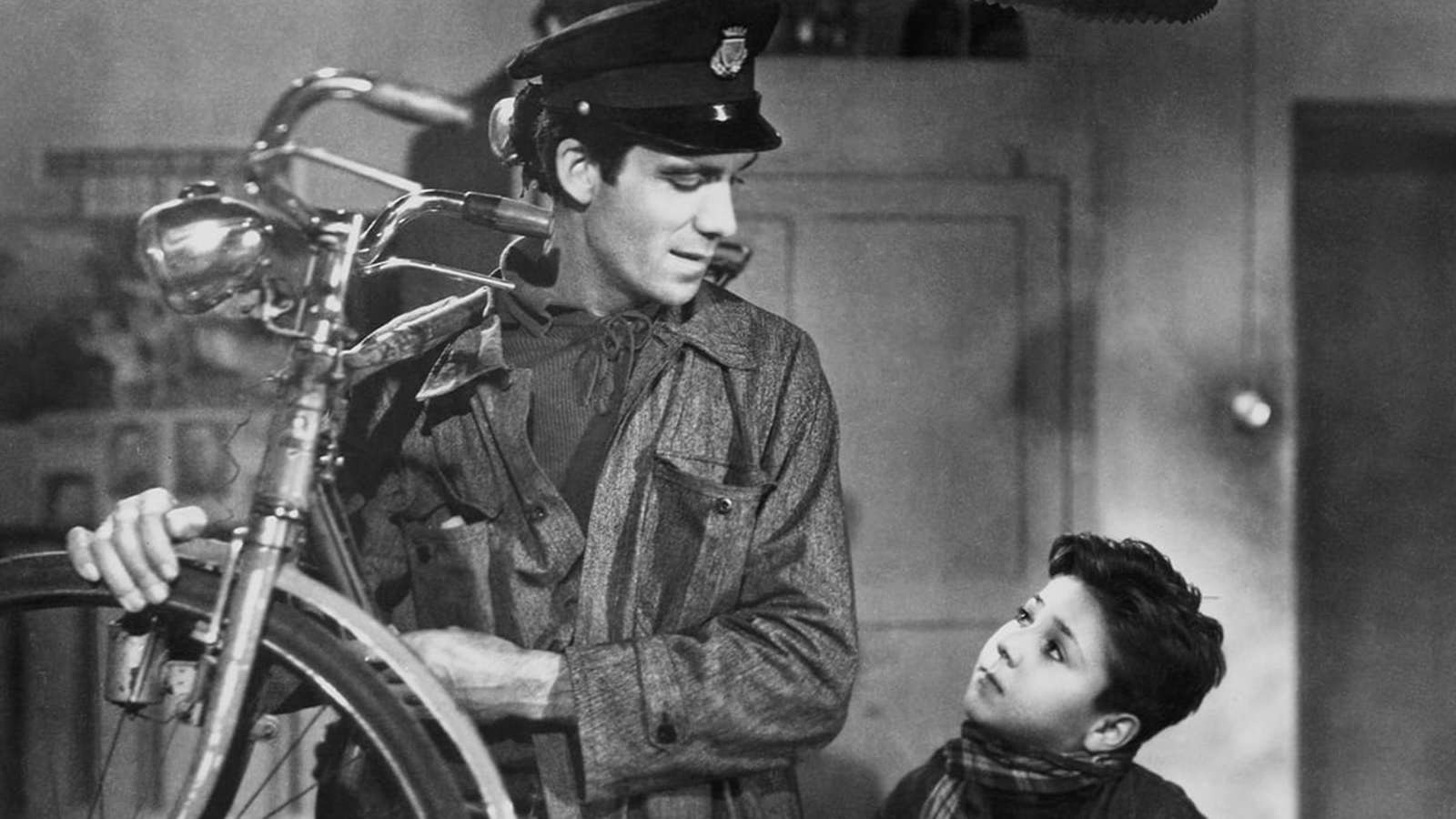
Satyajit Ray saw the film while in London in 1950 (he was yet to make his first film). “I knew immediately that if I ever made PatherPanchali, I would make it in the same way, using natural locations and unknown actors. All through my stay in London, the lessons of Bicycle Thieves and neorealist cinema stayed with me.”
“Bicycle Thieves” might just be the most important film in this list. It is the provenance through which a stream of like-minded movies has flowed. The plot follows Antonio Ricci in the city of Rome who struggles for a long period of unemployment and is provided with a job to continue to be the breadwinner for his wife and two kids. Soon the main plot shifts to his arduous quest to find his missing bicycle without which he would be back to square one. The film can be perceived as a work of art layered with socio-political statements on post-war Italy and the aftermath of the oppressed working class or a simple tale of a man fighting against social inequality and corruption. The women who advised Antonio said, “Either you find it the right way or you never will”, thus foreshadowing Antonio’s moral breakdown in the end. The film moved me and made me question myself, “should I always do the right thing? Or compromise my morality and commit a heinous act under an extreme circumstance to survive?
Vittorio De Sica’s Italian neorealist masterpiece ends on a deeply emotional note and no matter what country or culture you are from you shall have tears in your eyes looking at the plight of this poor father and son. The universal themes of this film and how the film itself serves as a tool for social change by being itself a reflection of the society it was made in makes this one of the most important films in the history of cinema. And the fact that the effects of unemployment and poverty are still very relevant in the modern world makes this father and his family live on hauntingly in our minds.
Related to Working Class Movies: 10 Great Drama Movies of World Cinema
3. Pather Panchali (1955)
Like many other odes to those smiling faces eked threadbare, dauntless in the way they live life, Satyajit Ray’s magnum opus is a critical, yet tender, assessment of how poverty robs them of basic human character. The first installment of the Apu trilogy, “Pather Panchali” is a composite of many forces at work; Shri Ravi Shankar’s spine-chilling classical ragas; Ray’s masterful and clear-eyed vision; the innocence of the child actors, and an almost boastful sense of pride in depicting poverty in its true form; grim and indelibly cruel. Despite their macabre situation, Apu and Durga’s affectionate and selfless bond is a rare and defiant snippet of love that braves the powerful evil.
Ray’s lyrical experimentation in social realism might have just produced a cinematic jewel so boundless in its imagination and so pure in its emotive reserves, that making comparisons just feels stupid.
Also, Related to Working Class Movies – How Satyajit Ray’s Nayak Uncovers the Facade Behind Fame
2. The Grapes of Wrath (1940)
“A graveyard ghost”. That’s how Muley describes the people who had everything they had in life taken away. With no home or livelihood, numerous families from across America coalesce in California in search of work, any kind of work. That’s where the doomed American optimism that the film and its characters suffer from takes them. In cahoots with the legendary Greg Toland, Ford creates striking imagery; lands run barren by corporate greed; the balance of nature overturned, leaving the fields that once bloomed fertile with crops and laughter of kids, a dustbowl, empty and miserable. Tractors, called “cats”, replace fifteen men; even more so, they don’t ask for a wage.
The value of a life is the central conflict in Ford’s thematic structure that is dominated by assertions about family as a unit, as opposed to ‘family and man’ in its literary origins. The Joads, who are reduced to eight by the time they arrive in California, are deceived by the illusion of a decent life, one that earns them the tag of a ‘human being’, as pointed out by a passerby. Many like them wander from camp to camp, accepting whatever little they get, even though it is not enough. Ford inspires intense empathy for his beleaguered populace, his focus seldom wavering from the family. This drama is not an indictment of institutional prejudice and neglect; of how corrupt men in police forces sell their dignity and honor; of how a company, that doesn’t even exist, within seconds vanquished lives that people have built over decades; instead, “The Grapes of Wrath” is about courage and hope in the face of misfortune and a vile sense of morality that takes and takes and never gives. Born on it, worked on it, and died on it; that’s what makes it theirs.
1. I, Daniel Blake (2016)
Tears and rage follow I, Daniel Blake’s end. Ken Loach’s powerful tirade against welfare bureaucratic systems sees two of its victims- one, a single 60-year old, recovering from a heart attack, the other, a family of a single mother and two kids- come together to defy it. The mutuality of their condition brings them together, while innate compassion and decency hold them. Reuniting with long time collaborator Paul Laverty, Loach’s focus in his storytelling seldom veers off from demonstrating how coerced sanctions and indifferent public employees humiliate and dehumanize those who come seeking help. This choice allows an amorous and probing look at interpersonal relationships between Daniel and Katie’s family, filled with both, generous and heartbreaking moments, rather than tackle equally placed pressing issues such as working conditions and wage inequity.
Loach and Laverty weaponize hunger, much like the system does, to translate their ire against its injustices. Getting food on the table becomes a fight that Katie seldom wins. Lack of proper food sees her grow pale (Loach deliberately places her in the same spot twice) and involuntarily eat out of a packet in the Food Market at an occasion. Making his debut at 63 as Daniel, Dave Johns is an inspiration and delivers a frighteningly real and humane performance. He seamlessly fits inside Loach’s setup, making for a believable working-class man caught between his ailing health and his financial complications. An extremely relevant and hair-splitting work by the modern working-class hero.

